Worms (worms) are one of the problems faced by parents all over the world. This is a very serious problem that needs to be resolved quickly. Worms are worms from the group of parasites. They parasitize the human body and destroy the function of organs and systems. Pinworms and roundworms are more common in children.
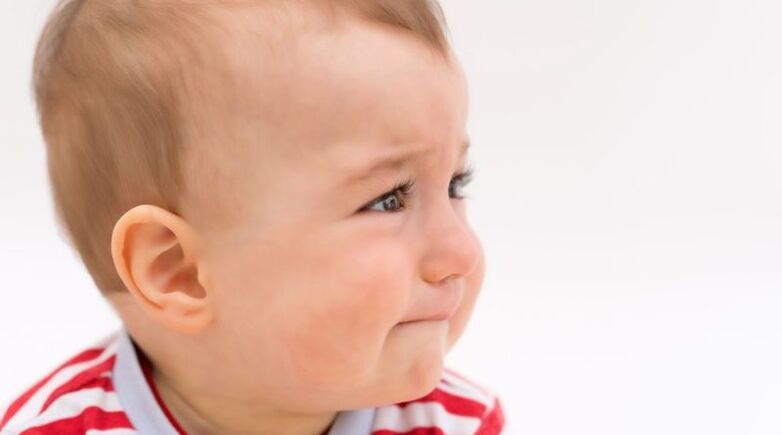
Whenever symptoms of helminthiasis appear, consult a doctor immediately for effective treatment.
Causes of worm infection in children
Because of their natural mobility and curiosity, children are often exposed to the world around them and everything that lives in it. The list of common causes of infection is impressive.
Touching contaminated surfaces
Worms and their eggs can survive for up to two weeks without food.
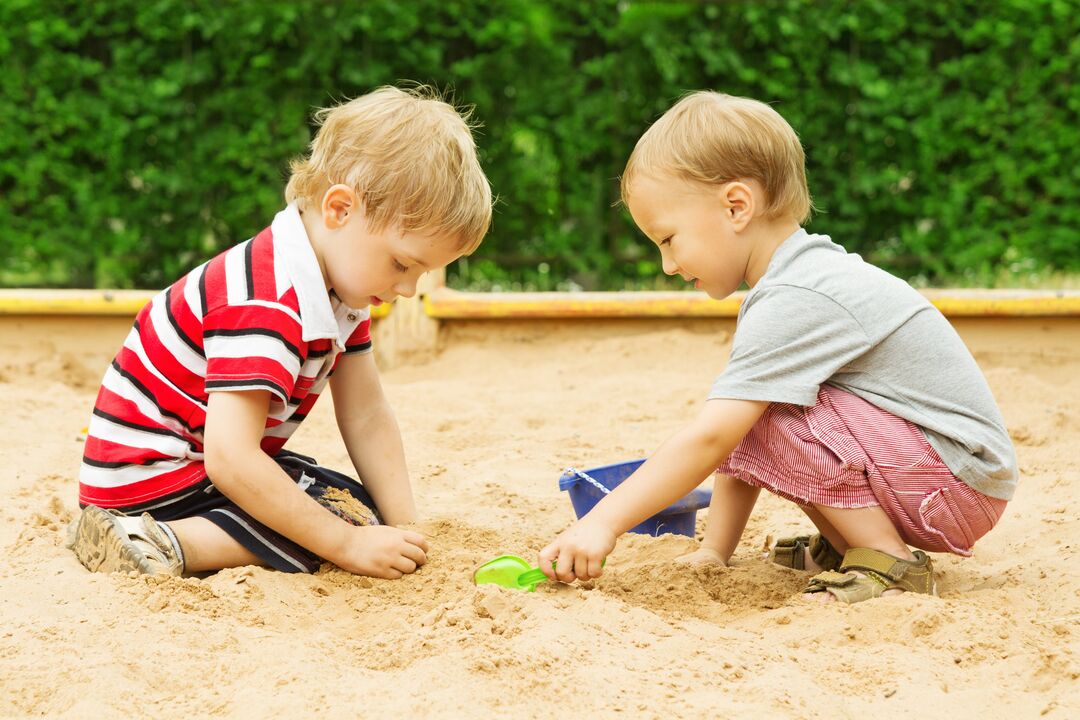
The most vulnerable places for children to get worms are:
- Worms or eggs in the playground or outdoor soil;
- Contact with animals or their excreta, infect worms.
Eating food or water contaminated by worms
It is very important to wash vegetables and fruits thoroughly before eating because they contain worm eggs.
Raw or undercooked foods are also at risk of getting worms. Polluted water is a very common source of pollution.
Contact information
Worms are transmitted from humans to humans. Pinworms usually spread in this way, so the risk of worm infection in children is very high.
Insect bites
Mosquitoes are usually carriers of infection.
The presence of worms in the mother
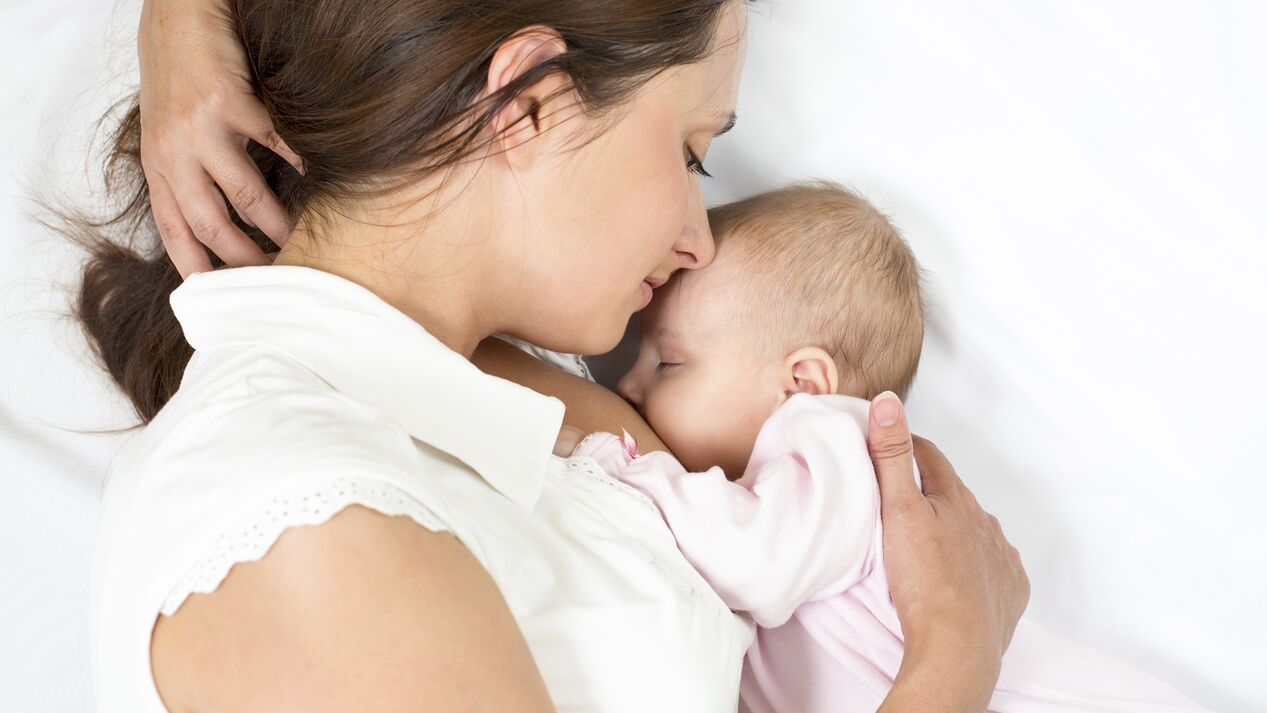
Even during pregnancy, when the infection occurs in the uterus, it is possible to infect children. The larvae of the worm enter the blood of the fetus through the placenta or through the birth canal during childbirth. The eggs of the parasite reach the child from the surface of nipples, toys, and other objects.
Worm infections are more common in children than adults. Worms in children under one year old are not as common as children aged 1. 5 to 3 years. They actively explore the world, taste various objects and are more susceptible to infection.
Helminthiasis is dangerous at any age. Insects in a one-year-old child are a special case, because the baby's body has not matured and the immune system is weak. Insects in the child's body will cause frequent acute respiratory diseases, allergic tendencies, and easy sickness. Viscera.
The presence of worms in infants is a major health problem because worms feed on substances needed for infant growth and full development.
Symptoms of worms in children
The signs of worms in children depend on the habitat and activities of the worms in the child. The most common worms—baby roundworms, pinworms, tapeworms—live in the intestines, but certain parasites can move between organs. For example, roundworms enter the stomach first, and then enter the lungs or liver with the blood. They grow there for three weeks and then re-enter the intestines or stomach.
Pinworms often live in the anus and cause severe itching. In girls, they can be found in the genitals and cause vulvovaginitis.
Opisthorchis parasites usually live in the liver and pancreas. Echinococcus can affect muscles and bones, and chains can even penetrate the brain. In addition, certain types of worms have been found in the respiratory organs, causing persistent coughing.
How to understand that children have bugs?
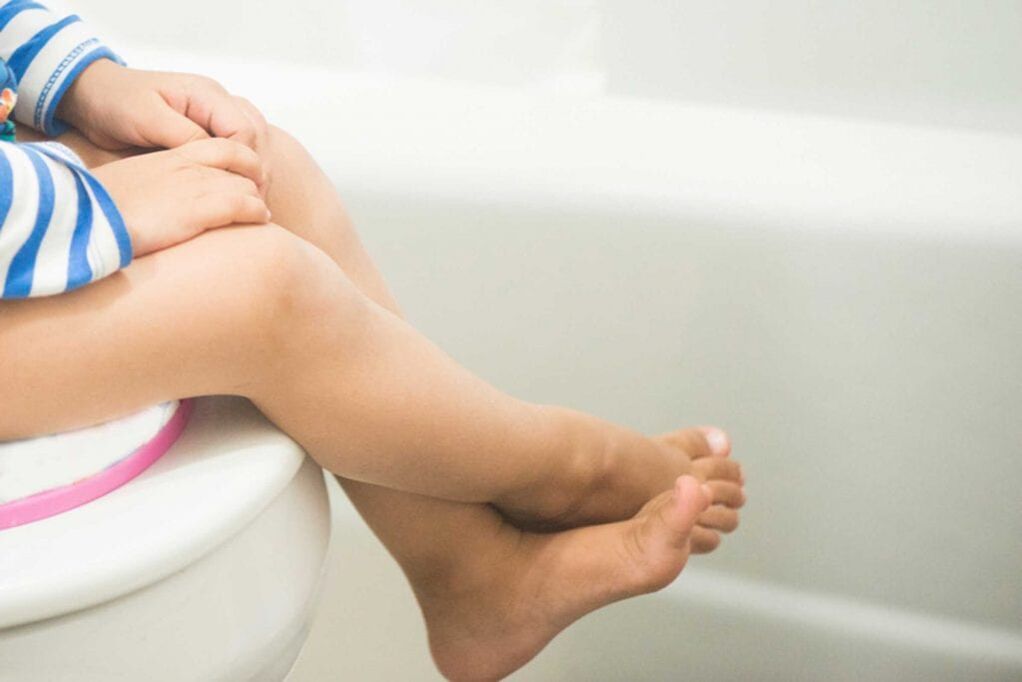
Depending on the location of the worm in the child, the following signs may show that there is a worm in the child:
- constipate.Large worms can block the intestinal lumen, which can impair the flow of stool. Constipation may last more than 2 days.
- diarrhea.Some parasites secrete a special substance that stimulates the body to expel undigested food particles and large amounts of water.
- Irritable bowel syndrome. Worms can cause inflammation of the intestines. This can lead to malabsorption of nutrients and irregular bowel movements.
- Flatulence.Certain types of worms trigger a fermentation process in the small intestine, which can lead to excessive gas formation. If the worms are not removed in time, the flatulence may last for several months.
- Sore joints and muscles.This happens when the parasite invades the joint or enters the thickness of the muscle tissue and destroys it.
- allergy.Worm waste can activate special cells in the body that cause allergic reactions.
- Worms can cause skin diseases.Acne, urticaria, papilloma and diathesis appear. Sometimes, worm infections can lead to increased fragility of hair and nails.
- anemia.Certain types of worms can stick to the intestinal wall, not only getting nutrients from them, but also getting blood from them. Because of this, the child will develop anemia, and clinical blood tests can diagnose anemia.
- Weight changes.Usually, due to infection with worms, the weight will drop sharply because the worms will absorb more nutrients that enter the body with food. As toxins enter the bloodstream, worm infections usually cause loss of appetite. But usually the weight of the child will increase-this is a defensive response to the spread of worms.
- Nervous system disease.Children have moody and irritable behaviors. School-age children and adolescents with helminthiasis may experience depression.
- sleep disorder.When the child wakes up every night, this may indicate an infection process. At night, certain types of worms leave the body through the anus and are accompanied by intense itching that prevents the baby from falling asleep.
- jaundice.It is more common in tapeworm infections.
- Chronic fatigue syndrome.Due to lack of nutrition in the body, the child is often weak and tired. Memory problems, emotional stress, and lethargy occur.
- Immune disorders.Due to helminthiasis, children often suffer from viral diseases and allergic reactions to common foods. In the intestines, the intestinal flora is imbalanced, colitis often appears on the face-rashes, diathesis and herpes.
- Problems with the respiratory system.They occur when worm larvae attack the lungs. After being infected with worms, children will cough and their temperature will rise. Bronchial asthma is an extremely dangerous complication of worm invasion.
Many symptoms of worms in children make the diagnosis very complicated. Therefore, parents should remember the usual preventive checks, including tests to determine the presence of pinworms and roundworms.
Common types of worms in children
- PinwormCauses itching around the anus and painful urination.
- roundworms.For ascariasis, diarrhea is observed, and worms can be seen in the child's feces with the naked eye. Fever and dry cough were detected within 4 to 16 days after contact with roundworm eggs.
- Nodules.The child is coughing and wheezing. In the case of severe infections, anemia and chronic fatigue can occur.
- tapeworm.They enter the human body with contaminated food and water. The swallowed worms move out of the baby's intestines and form cysts in the tissues and organs of the body.
How to identify worms in children?
Abdominal pain, lethargy, and diarrhea may be symptoms of other diseases. To ensure that they are signs of helminthiasis, it is necessary to perform some worm tests on children:
1. Blood test for worms in children.
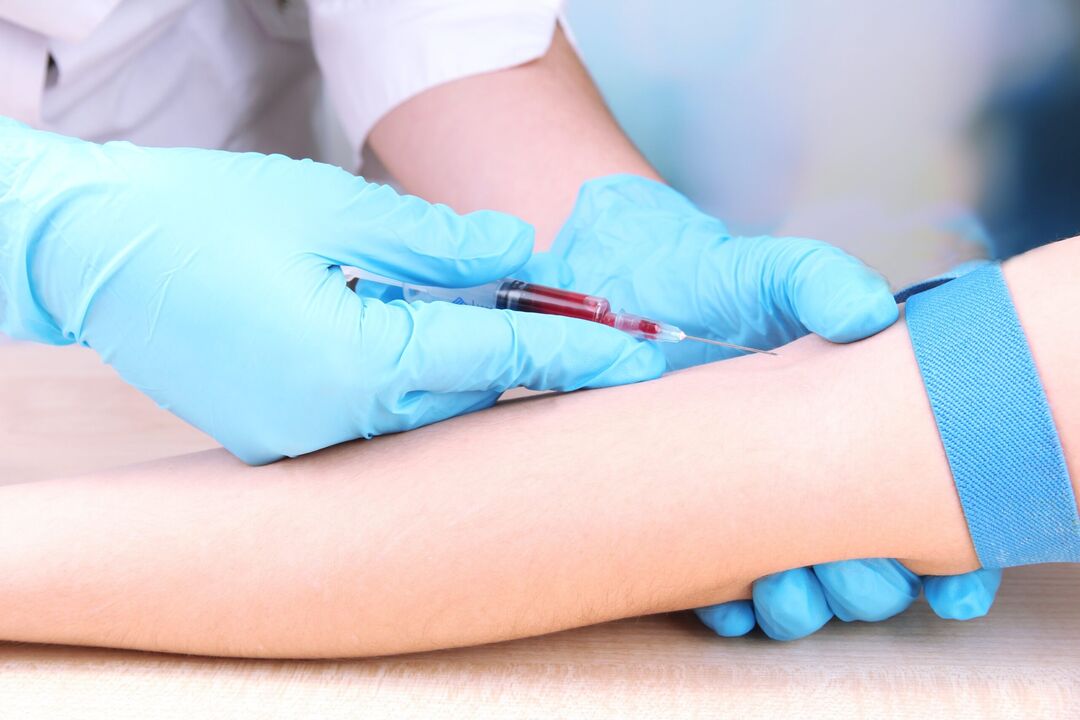
Provides an enzyme immunoassay for worms. As a result of the research, specific antibodies and antigens were identified, indicating the presence of worms in the body. The analysis will show the type, number and reproductive capacity of the worms present.
To diagnose worms, a general blood test is performed, which allows you to identify signs of anemia or inflammation in the body.
2. Use histological collaborative procedures to obtain accurate results
It includes a microscopic examination of the stool. Thanks to this research, the body parts of the worms, namely their eggs, can be clearly identified. As a result, helminthiasis and the type of worm were diagnosed.
3. X-ray and other diagnostic measures
When worms are suspected in the lungs, X-rays are performed. In addition, sputum examinations were performed. Computed tomography or ultrasound is used to identify parasites in the liver, brain or kidneys.
How to get rid of bugs from children?
To effectively treat worms in children, please contact a parasitologist and follow his recommendations.
Children's self-administration of antihelmintics is unacceptable because they are very toxic. Also remember that invading different types of worms needs to be personalized according to the worm's life cycle. When calculating the dose, the expert should consider the age and weight of the patient.
Your doctor may prescribe a medication for worms, which can be used as a syrup for young children or as a tablet for larger children.
Child anthelmintics can usually kill the worm without harming the owner, in this case the child. The treatment period is usually very short and lasts no more than a few days. Sometimes one dose is enough to remove worm debris.
However, many drugs are not effective against worm larvae and eggs. In addition, the threat of repeated self-infection with pinworms in young children is considerable. Therefore, after 2-3 weeks, the course of treatment should be repeated.
If the child has worms, use symptomatic drugs at the same time. If it is suspected that the worms live in the gallbladder, the expert may recommend choleretics. Laxatives are usually used to quickly eliminate worms and adsorbents to absorb toxins. Antihistamines can reduce the manifestations of allergies and improve the health of young patients.
The treatment of infantile helminthiasis is very difficult. Almost all medicines used to treat worms are not used in children under two years of age because they are very toxic and have many side effects. The damage to the body caused by taking such drugs can be significant even in the slightest overdose. Therefore, self-treatment of helminthiasis in children under one year old is absolutely not allowed.
If it is suspected that there are worms in the baby, it is necessary to contact a specialist to determine the degree of infection and develop a treatment plan that is suitable for the situation. In some cases, the doctor may even recommend temporarily postponing treatment so that the child can grow up.
Don't rely on over-the-counter medicines, as they may not be suitable for toddlers and toddlers. Be sure to see a doctor and follow the dosage and treatment plan to keep your child away from worms. It is recommended to use children's worm medicine for prevention every six months. Discuss with your doctor what to give your baby to prevent worms. The specialist will determine the dosage and frequency of preventive deworming.
Folk Remedies for Children's Deworming
Together with medicine, treating children's worms with folk remedies will help relieve the discomfort caused by worms in the body. Natural remedies for worms may not eliminate the worms in your child, but it can help treat and prevent infections.
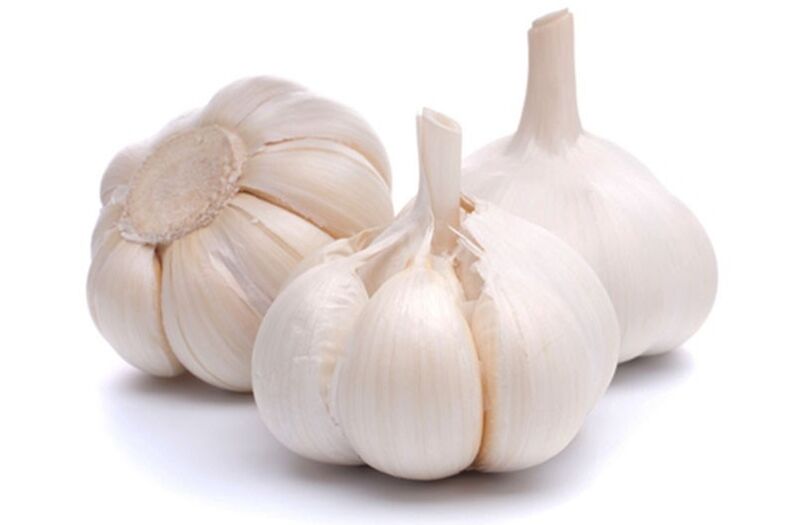
Consider folk remedies:
- garlicIt is a natural insect repellent for children. It is known to be effective against parasites. Raw garlic contains amino acids and sulfur, which help to kill and remove parasites in the body. Eating three cloves of raw garlic on an empty stomach helps complex deworming.
- papaya-The best remedy for health. Immature papaya contains an enzyme called papain, which acts as an insect repellent to kill worms in the intestines. In addition, papaya seeds are used to expel worms from the stomach. Grind the papaya seeds and stir a tablespoon of the mixture in warm milk or water. Let your child drink this drink in the morning for three consecutive days. Mix one tablespoon of raw papaya and one tablespoon of honey in warm milk or water. Drinking this beverage on an empty stomach helps to get rid of intestinal worms.
- pumpkin seedsHelp excrete intestinal parasites. The seeds contain cucurbitacin, which can paralyze pests and make it difficult to survive in the body. Give your child a spoonful of honey pumpkin seeds. Boil a spoonful of peeled and crushed pumpkin seeds in three cups of water. Let the drink sit for half an hour. Provide it to the child when the liquid has cooled.
- Chinese bitter gourd.Although it tastes slightly sour, it is very effective against intestinal worms. Mix a cup of bitter gourd juice with water and honey and feed it to your child twice a day.
- carrotContains vitamin A, which enhances immunity and allows the body to fight against intestinal worms before they are fully colonized. Eating carrots on an empty stomach can help neutralize stubborn parasites in the body and prevent re-infection.
- turmericIt is a natural preservative that helps eliminate all types of intestinal worms. You need to mix a cup of warm water with a spoonful of turmeric to keep your child away from worms once a day for five days.
- coconutIt has strong anti-parasitic properties, making it effective in treating worms. You can use fruit or oil to kill the worms. Have your child eat a tablespoon of grated coconut at breakfast every day. Continue to use this home remedy for a week. Concentrated coconut oil contains medium-chain triglycerides, which help to remove worms from your baby's body. Taking four to six teaspoons of coconut oil every morning for a week will improve immunity and prevent the recurrence of worm infections.
- CarnationDestroy existing intestinal worms and their eggs, and prevent future infections. Add a teaspoon of cloves to a cup of hot water and let stand for 20 minutes. Drink this water 3 times a week to avoid contamination.
- Onion juiceHelps fight roundworms. Chop the onion and drain the juice from the onion mixture. Take it on an empty stomach in the morning.
- Indian clovesIt has anti-parasitic properties and can destroy various intestinal worms. Mix the powdered leaves with warm milk and honey. Provided to your child twice a week.
Traditional home remedies can help relieve infections, but they cannot cure them completely. They are not a substitute for prescription drugs.
Prevent worms in children
Children playing in mud, sand, grass and other open areas are more susceptible to worms. Although worms can be eliminated by deworming, it is best to prevent infection as much as possible.
Hygiene is very important here. Teach your children basic hygiene habits and teach them how worms enter their bodies and make them sick.
The prevention of worms includes the following actions:
- Do not give your children spring water or raw water from wells. This water must be filtered and boiled before use.
- After touching the ground, wash your hands thoroughly with soap.
- The vegetables, herbs, fruits and berries that children and other family members eat are also worth washing.
- It is important to thoroughly heat treat meat, fish and poultry.
- Do not provide your child with undercooked dry, salt or raw food.
- You need to take a shower after swimming in the water. Do not allow pets to lick children's hands or faces, as their tongues may contain eggs.
- Wash your hands every time you come into contact with animals.
These preventive measures do not rule out the possibility of infection with worms, but they can minimize the infection.



























